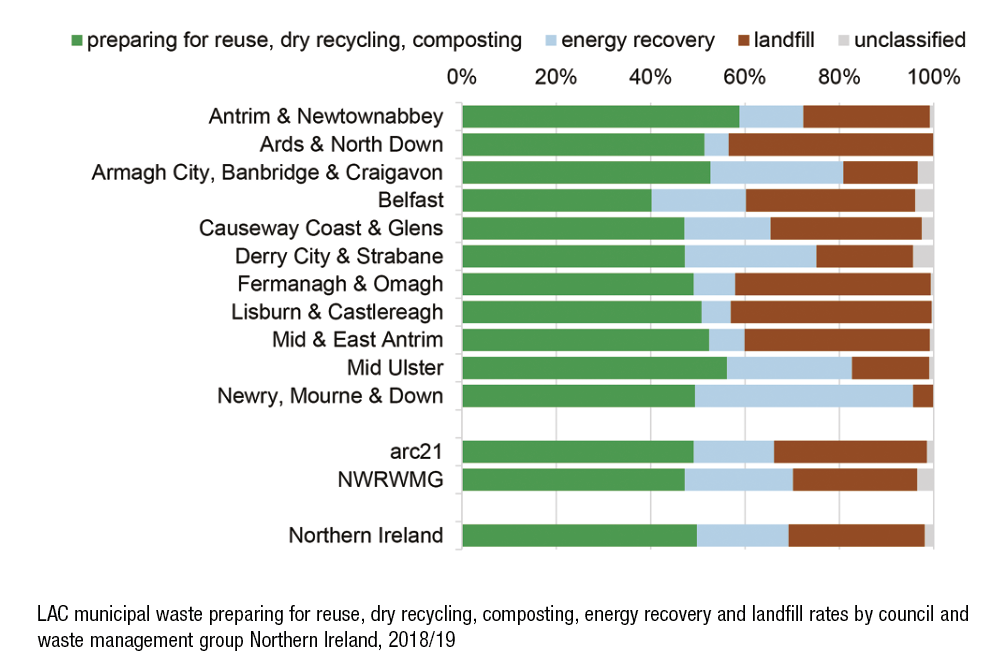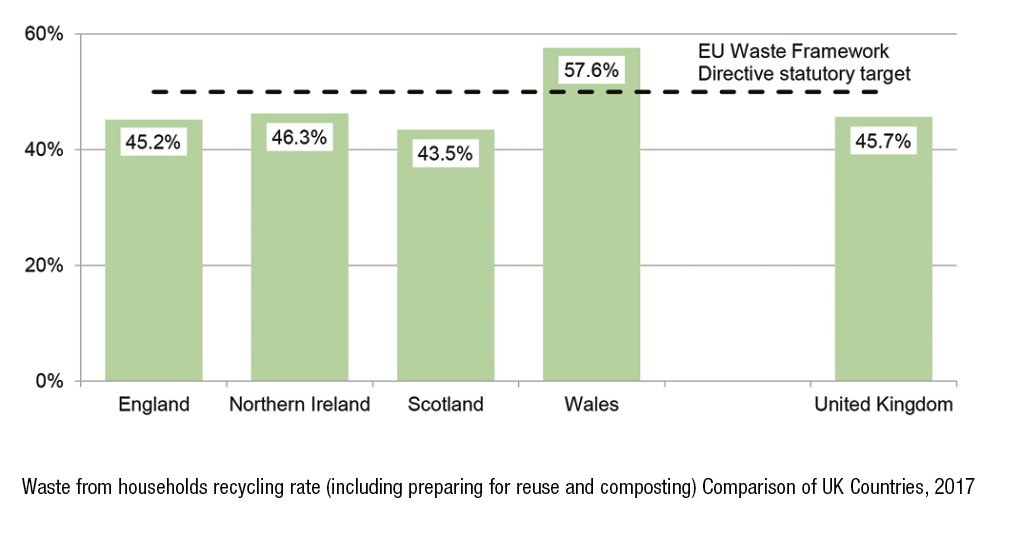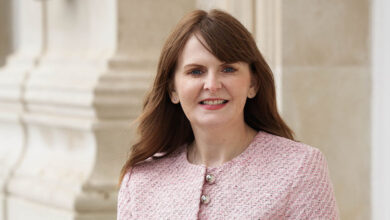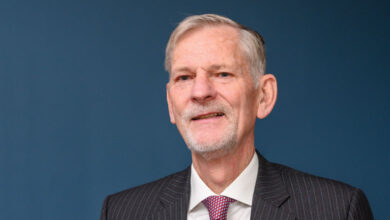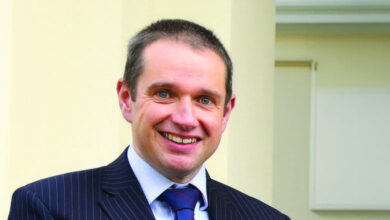Waste performance
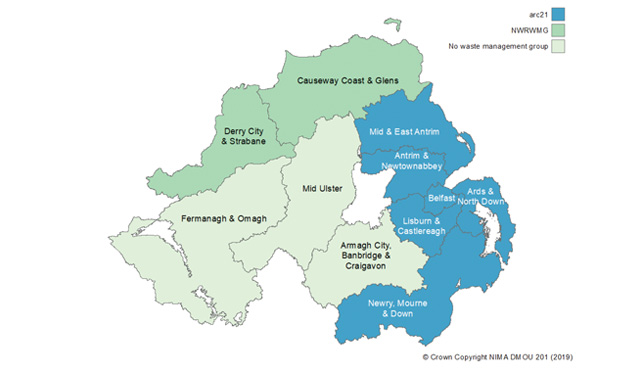
Almost half of waste collected by local authorities in Northern Ireland was sent for reuse, dry recycling and composting during 2018/19. A further 19 per cent was used in energy recover, however, almost 30 per cent of municipal waste was still sent to landfill.
In 2018/19 councils in Northern Ireland collected 1.3 per cent more municipal waste than the previous year, a total of 990,233 tonnes. The majority of this waste (88.8 per cent) was from households. While waste arisings have reduced overall from a high of over one million tonnes in 2006/07, the last six years have seen an 8.4 per cent increase from the record low in 2012/13.
Belfast City Council (17 per cent) had the largest percentage of Northern Ireland’s overall municipal waste collected but the smallest amount per capita. Fermanagh & Omagh District Council had the lowest arisings in 2018/19 and followed behind Belfast on a per capita basis.
The largest increase came in Antrim and Newtownabbey, up 5.6 per cent over the year, and there were also increases in Fermanagh and Omagh and Lisburn and Castlereagh. Decreases were recorded in Ards and North Down (2.7 per cent) and Mid Ulster (1.5 per cent).
Northern Ireland’s overall household waste collected per capita figure was for 467 kg and that figure was 1,170 kg per household. Both of these figures are similar to the previous year.
Recycling
The volume of waste recycled in Northern Ireland in 2018/19 rose by 5.8 per cent to a record high of almost half a million tonnes. The recycling rate was almost 50 per cent, more that 2 per cent above the previous year. The dry recycling and composting rates both increased by 1.1 percentage points, whilst the tonnages sent for dry recycling and composting increased by 5.6 and 6.2 per cent respectively.
The household waste recycling rate rose by 2 per cent on the previous year to 50 per cent, meaning the Northern Ireland Waste Management Strategy target to recycle 50 per cent of household waste by 2020 was met for the first time.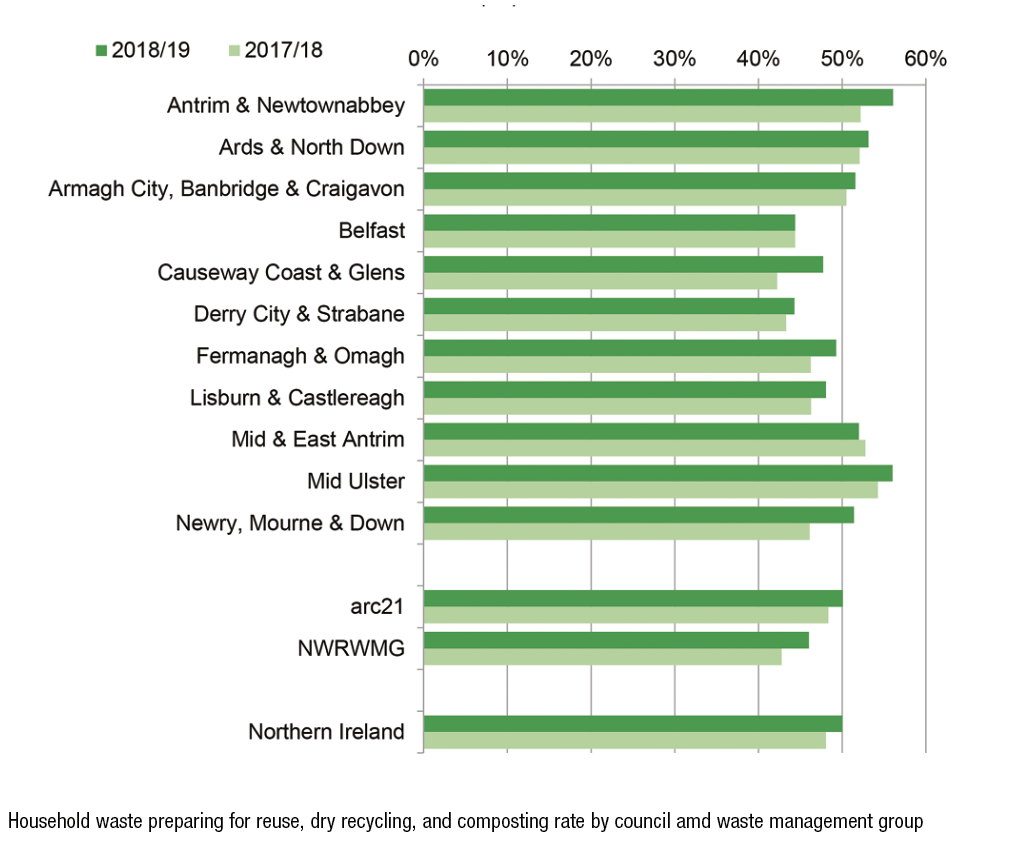
Nine councils reported increased household recycling rates compared to 2017/18. The lowest household waste recycling rates were recorded in Derry City and Strabane at 44.3 per cent, and Belfast at 44.4 per cent. The highest household waste recycling rates were recorded in Antrim and Newtownabbey and Mid Ulster at 56.1 per cent and 56.0 per cent respectively.
Energy recovery
Energy recovery, value gained from waste products by converting them into energy through incineration, increased from 18.4 per cent in 2017/18 to 19.4 per cent in 2018/19. The overall picture is that energy recovery has increased from 0.4 per cent in 2009/10 to 19.4 per cent in 2018/19.
Newry, Mourne and Down had the highest energy recovery rate in 2018/19 at 46.2 per cent, however this is down on their previous year figure by 3.3 per cent. A decrease was also recorded in Ards and North Down, albeit by less than 1 per cent, in the council with the lowest energy recovery rate. Five councils reported an increase over the year.
Landfill
Waste sent to landfill decreased by over 10 per cent in the year to 2018/19, meaning a landfill rate of 28.9 per cent, the lowest ever recorded. In similar fashion, household waste has recorded a new low of 28.4 per cent in 2018/19, a drop of almost 4 per cent on the previous year. The figure is in stark contrast to the 2006/07 high of 72 per cent.
Nine councils recorded a decrease in their household landfill rate compared to last year. Decreases ranged from an 11.8 per cent fall in Mid Ulster to a 1.5 per cent decrease in Newry, Mourne and Down. Newry, Mourne and Down recorded the lowest landfill rate at 4.1 per cent, well below the Northern Ireland average rate. Lisburn and Castlereagh, which also recorded a decrease of over 2 per cent, had the highest landfill rate of all councils.

